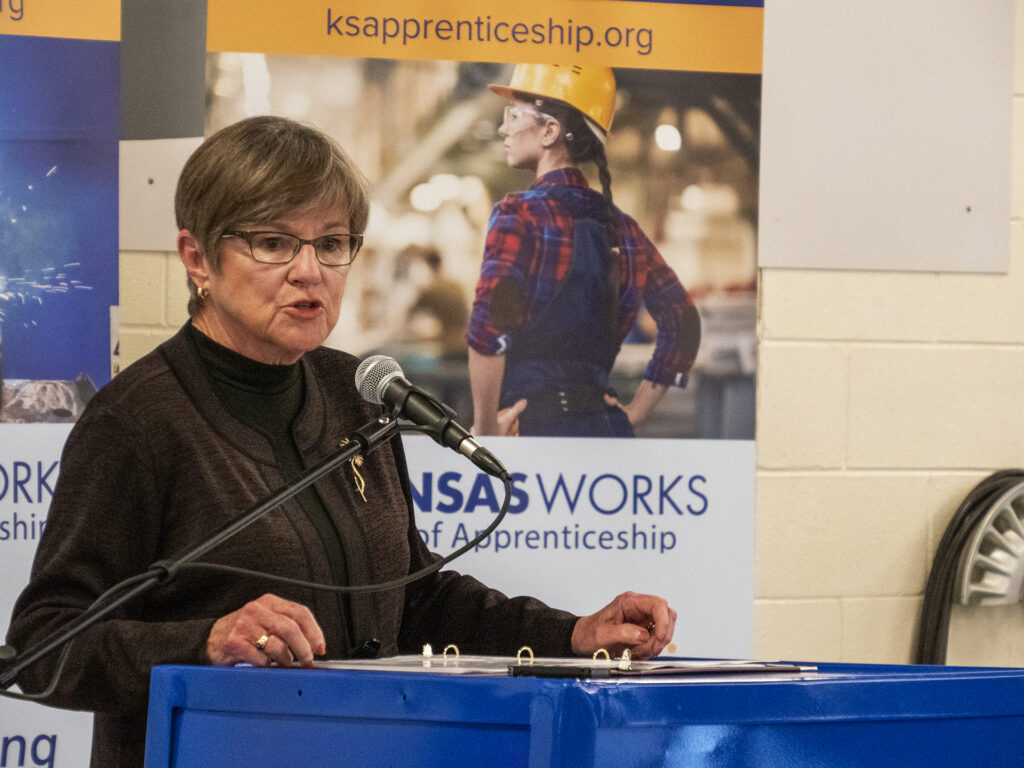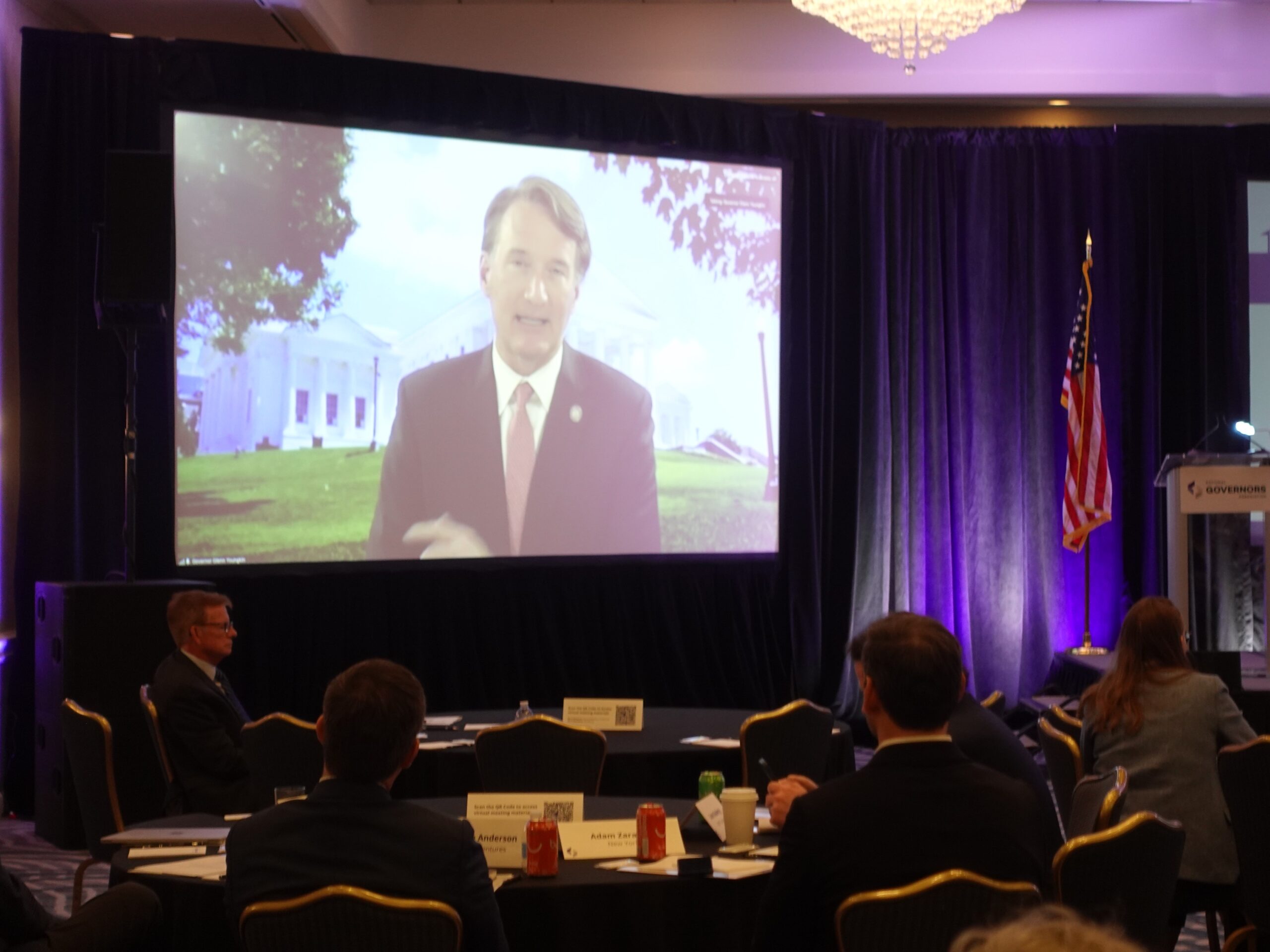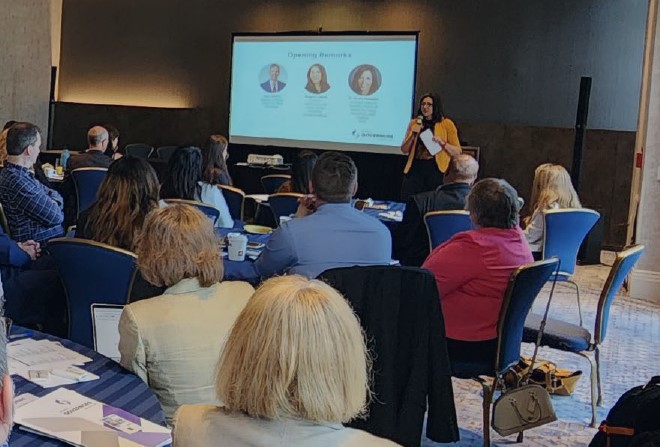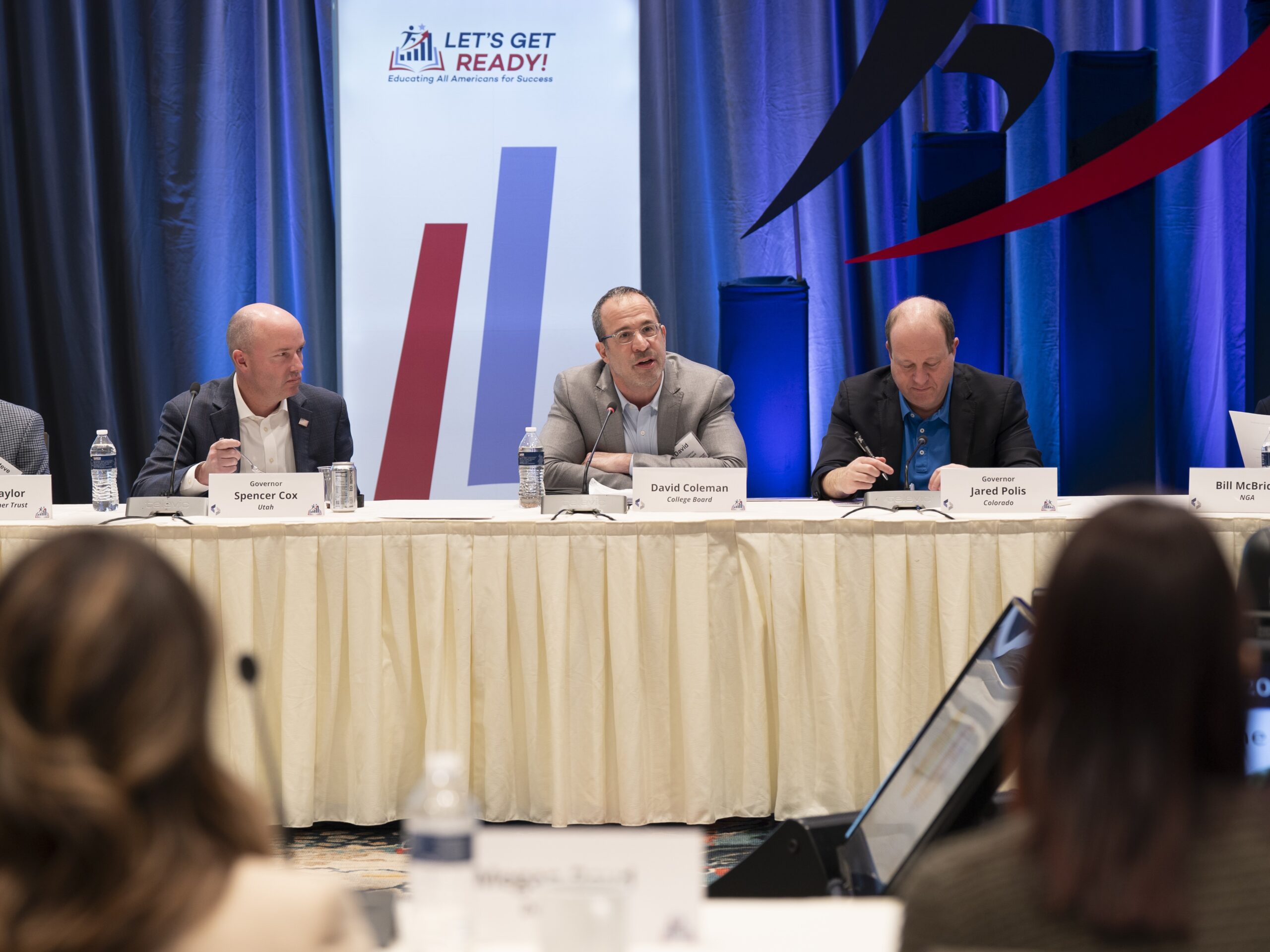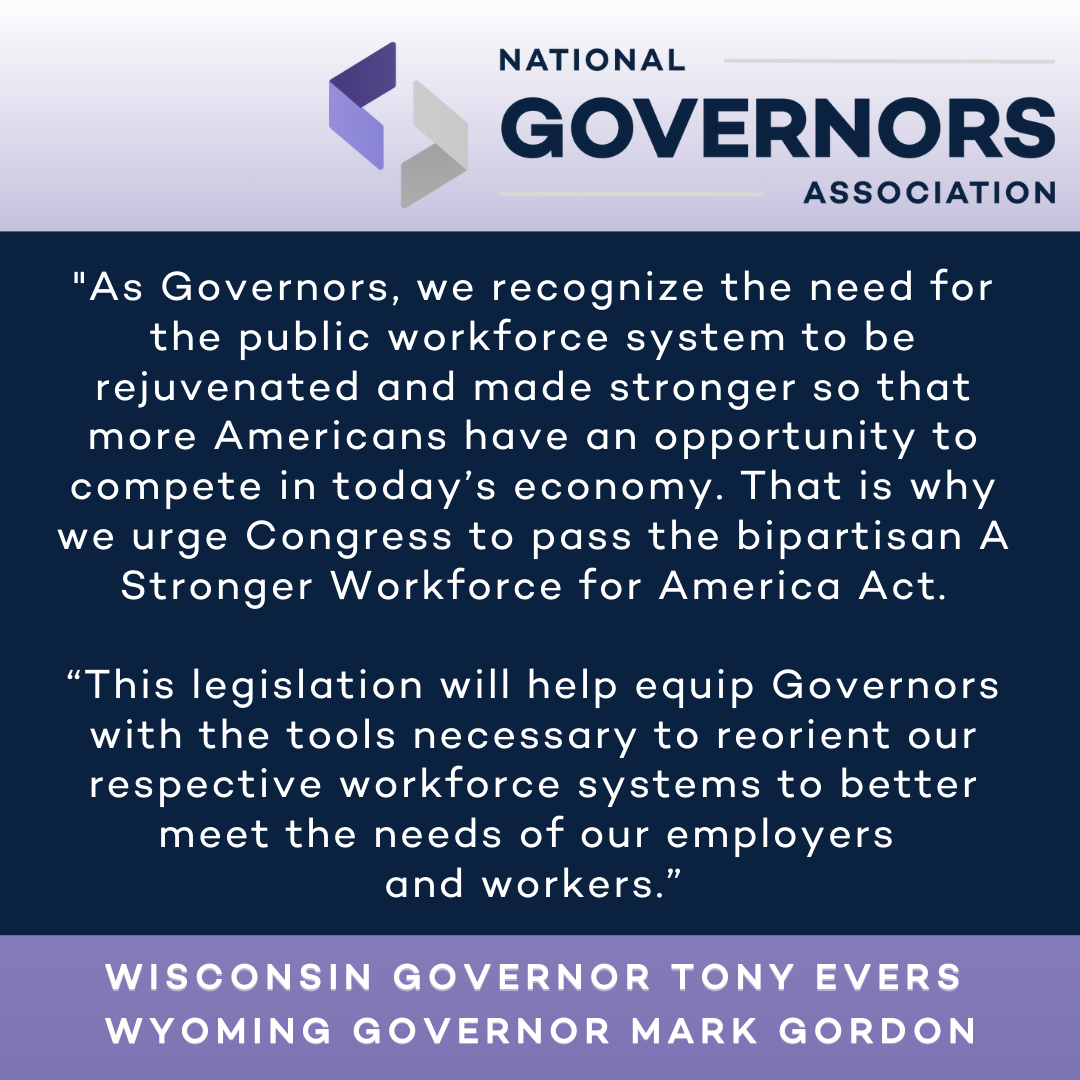Measuring outcomes is one of the primary goals of NGA Chair Colorado Governor Jared Polis’ “Let’s Get Ready: Educating All Americans for Success” initiative.
How are we measuring outcomes to ensure education systems are delivering for students? How can we do more to shift resources, and change policies and practices, to do more of what works?
It’s not just about finding answers. It’s about asking the right questions and looking at the data in new ways.

At the first regional convening for his Chair’s Initiative in Denver, Governor Polis was joined by economist and Freakonomics co-author Dr. Steven Levitt to explore education solutions to ensure students leave school career or college ready.
The initiative, Governor Polis explained, “means ‘let’s get ready’ at two levels. One, let’s make sure that our learners are ready to succeed when they enter the workforce. Especially if they’re not going on to higher education, how can we make sure they have the skills they need to earn a good living, have a good career? And, two, how can we meet the needs of the private sector, and the employers, to make sure that our economy can move and provide opportunities to learners of all ages?”
“It’s clear the measurements we’ve been using are not alone sufficient to measure career readiness and success,” Governor Polis continued. “And the reason we know that is, because in Colorado and in many states, there are almost two job openings for every unemployed Coloradan. That’s good, but it means there’s a misalignment of skills between the unemployed Coloradan looking for work and the jobs that are here today, ready to hire.”
Dr. Levitt emphasized that U.S. high school curriculum was designed for another time and has not kept pace with technology.
“If I were a Governor, the one question I would be asking a lot is: Why are we still doing things the way we’re doing them?” he stated. “Because it is incredible, if you look at education and how little it has changed over the last 50 or 150 years” even as every other element of daily life has changed “radically” since the onset of the internet age.
“Another question I would ask is: If you were starting from scratch, would we actually do it this way?” Levitt continued. “Changes have been so fast within the economy, first of all with computing power, then on top of that, AI. Given the glacial pace at which we change high school and grade school curriculum, it hasn’t been able to keep up. So what kids are learning in math is a set of skills that were really important in the 1960s, and literally nobody has used them [since], other than the movie, Hidden Figures… My high school kids would come and show me what math they were working on. It would almost defy belief that they were trying to solve these problems by hand, that I as someone who works in a highly mathematical field had never seen anybody care about.”

Dr. Levitt cited a survey he conducted with Freakonomics podcast listeners that found fewer than 2% use calculus or trigonometry in their daily lives. On the other hand, over 65% indicated using Excel spreadsheets on a daily basis. Considering Freakonomics listeners tend to be a well-educated, math-oriented audience, “you can only imagine what that rate is in general.” Statistics like these drive Dr. Levitt’s efforts to introduce more data science instruction to K-12 curriculum and to advocate other career-focused changes. “My own feeling is that the purpose of high school should be to show kids what the possibilities are in the world, and hopefully get them excited about one or two or three of them, and then give them the path.”
What’s needed is a paradigm shift from “just in case learning to just in time learning,” Levitt concluded.
“Absolutely kids need to learn to read to be able to read to learn, and they need mathematics as an underpinning of nearly any career field from computer to data science to medical,” Governor Polis agreed. “But then we ask the question ‘what else do you need?’”
Governor Polis cited some of Colorado’s efforts to provide instruction more relevant to career opportunities, including high schools designed as “career centers” that allow students to earn associate degrees or skill certificates concurrent with their high school diplomas; the ability to earn stackable credentials students can use to either go directly into a career after high school or to apply the credentials to count toward a degree or certification. “You can’t become a registered nurse out of high school, but you can graduate high school with a phlebotomy or nurse assistant credential to go to work,” he explained. “Or you may want to then become a nurse, and you need less additional work than if you just graduated with a regular high school degree.”
The bottom line, Governor Polis stated, is that students need to see a connection between their studies and their future opportunities.
“I love that phrase “just in time” learning,” he concluded. “Perhaps one of the skills we should look at is the pedagogy of just in time learning so students themselves know how to be lifelong learners and learn what they need to know in the future; learn how to learn, in addition to what to learn.”

